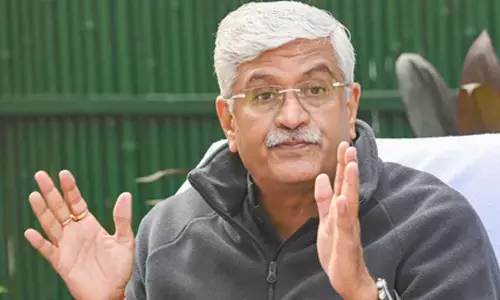India needs predictable IPR regime: Novartis
A \"highly predictable\" IPR regime is needed for the pharma industry in India to develop to the level of the US or Europe, a senior executive of Swiss drug major Novartis said on Tuesday.
New Delhi : A "highly predictable" IPR regime is needed for the pharma industry in India to develop to the level of the US or Europe, a senior executive of Swiss drug major Novartis said on Tuesday.
"If India wants to develop to the same framework that we have in Europe, Switzerland or US, it is very important that the environment becomes highly predictable and that IPRs are clearly defined," Novartis Pharma AG, Global Head, Established Medicines Franchise, Lutz Hegemann said.
If the whole data regulatory process becomes predictable in the long run, it makes investment in the country more sustainable, he added. Novartis India MD and Vice Chairman, Ranjit Shahani said: "Looking ahead there is obviously a recognition of fact that India needs to be strong in IPR and I think some of the statements made by the Prime Minister on his recent visits are encouraging."
On the Compulsory License (CL) issue, he said the WTO has very straight forward rules as to under what basis a CL can be issued and clearly those norms must be followed. "The triggers for CL that exist in India are too many and threshold limits are pretty low and definitions of national emergency must be pretty clear so as to what is a national emergency so on those aspects it requires more clarification and this is evolving," he added.
In March 2012, Controller General of Patents Design and Trademarks, P H Kurian had granted the first-ever CL to Hyderabad-based Natco Pharma to sell a generic version of Nexavar, a patented kidney cancer drug invented by German pharma giant Bayer -- a move that is seen as having changed the course of IPR history in India.
"I think it is good that apart from one CL, no CL has been issued and we hope no further CL is issued unless there is a true national emergency that is well defined," Shahani said.
Citing data from the European Patent Office (EPO), he said Switzerland filed 848 patents per one million inhabitants, the most patents per capita, in 2014. He was speaking at a conference here on 'Innovate or copy paste? A debate on innovation and intellectual property in the health sector'.

















